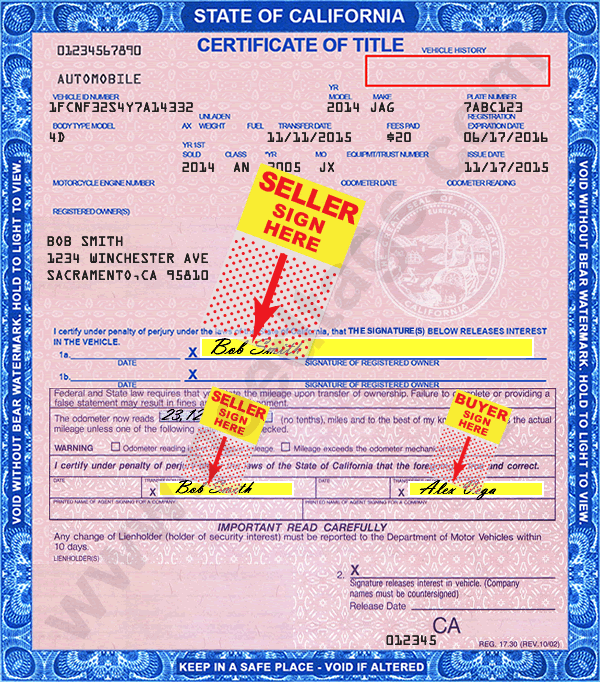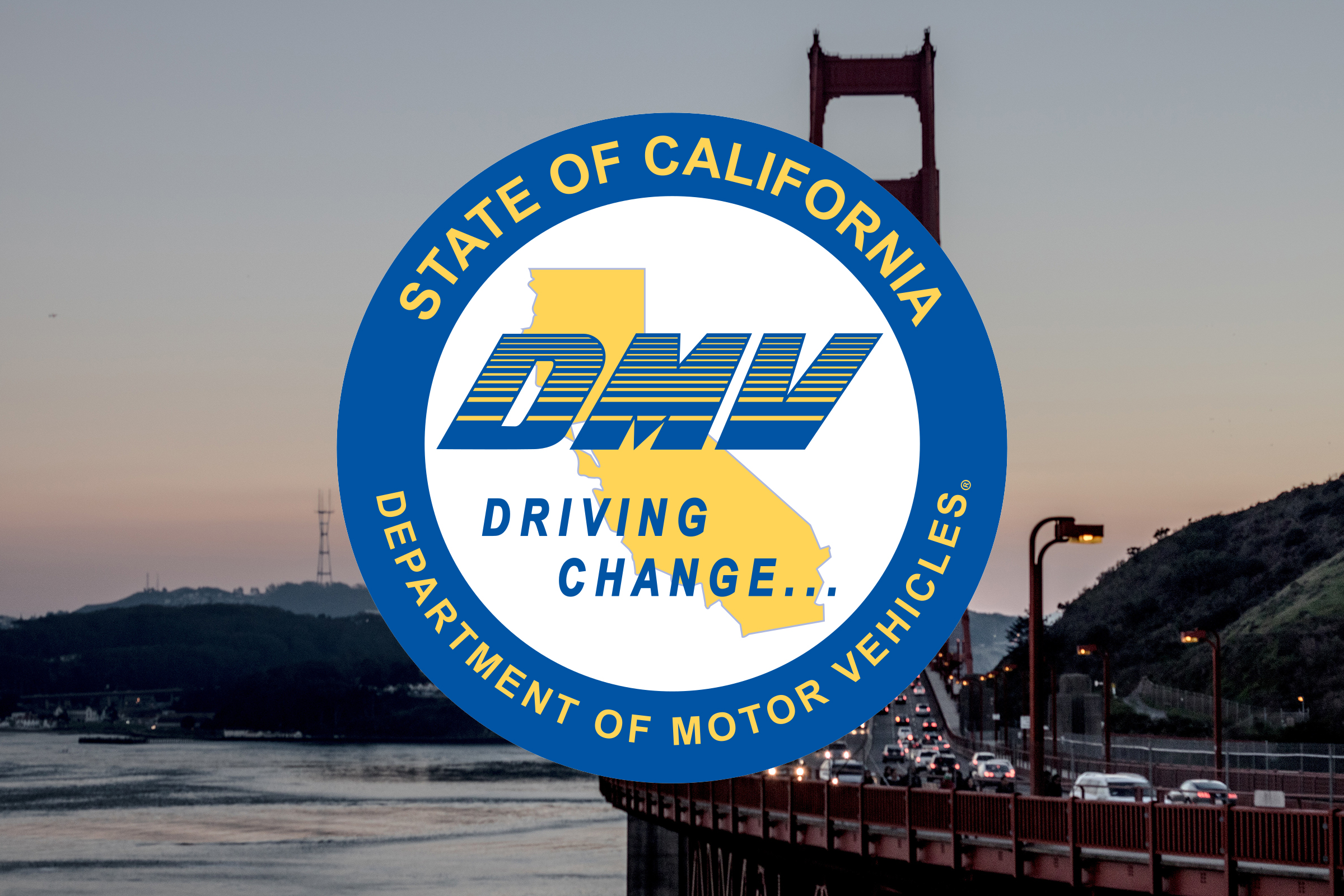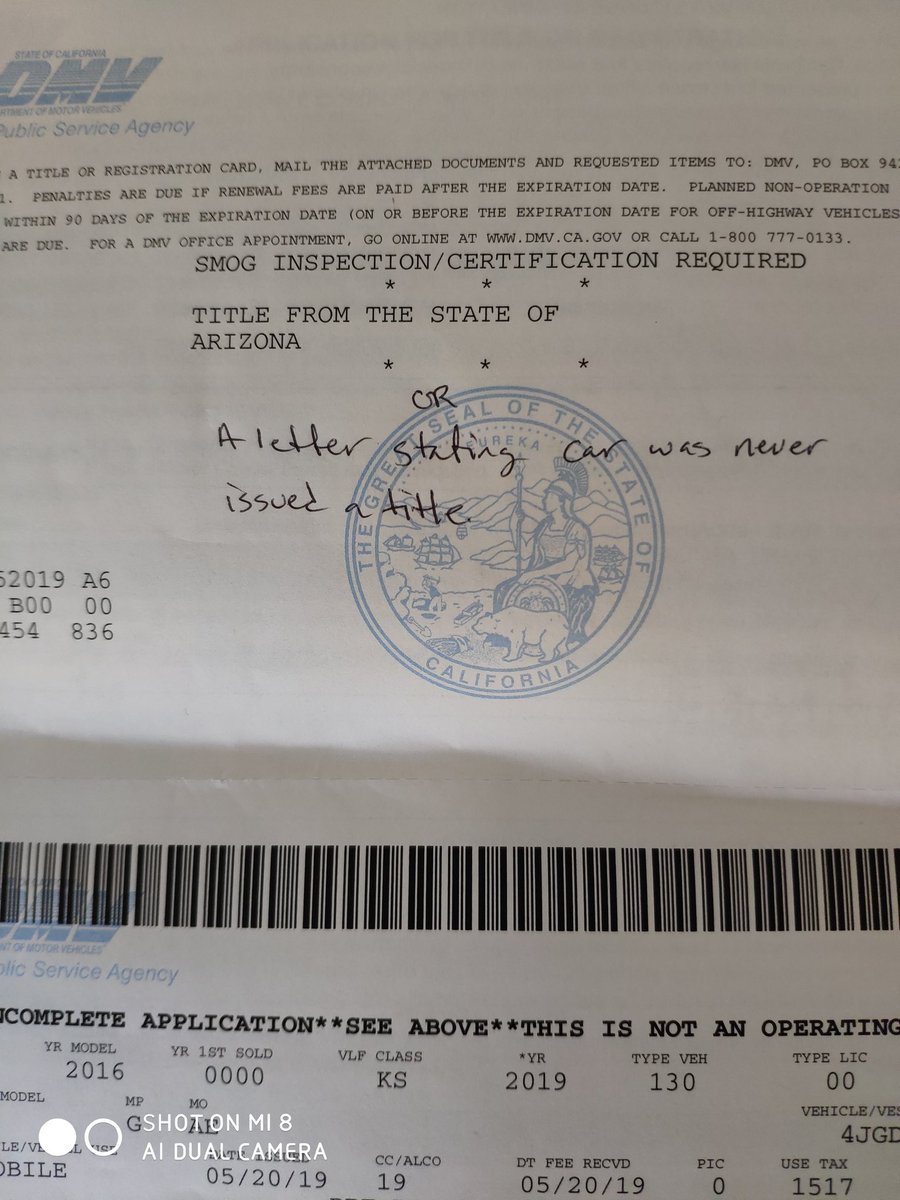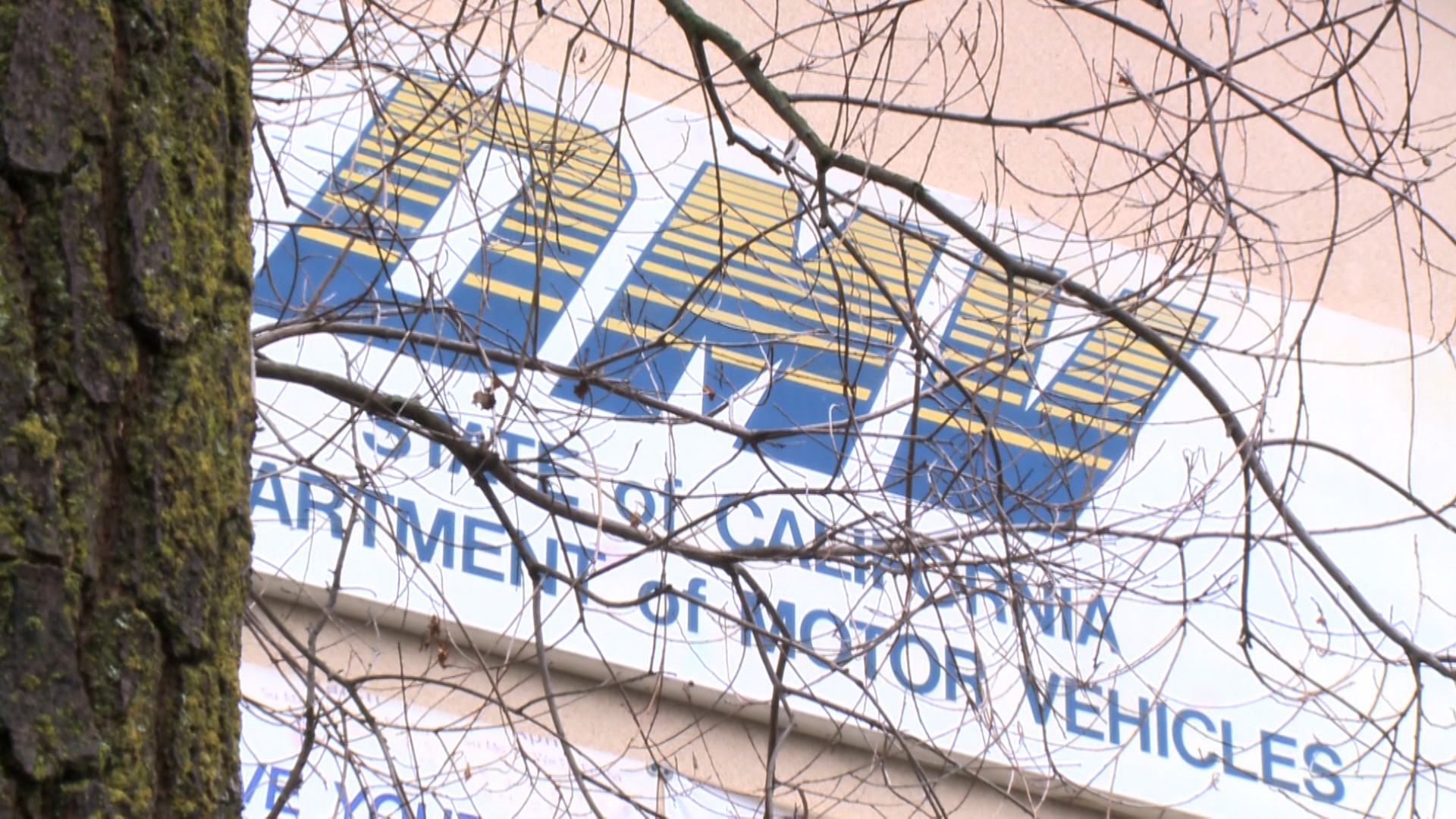
According to the IRS' website, " The standard deduction for married filing jointly rises to $24,400 for tax year 2019, up $400 from the prior year.

However, for the 2019 tax year, for taxes that will be filed in 2020, the standard deduction has been increased for inflation. So, add up all of your deductions and ask yourself if doing the extra work to itemize makes sense. Standard deductions have almost doubled to $12,000 for a single person, $18,000 for heads of households and $24,000 if you’re married and filing jointly. If you don’t itemize, you can’t take it and the threshold for itemizing is a lot higher for the 2018 tax year. However, a couple of tax reform changes may affect your ability to take this deduction. This is in addition to the licensing fee. So it meets the three requirements to be deductible as a personal property tax on your federal return. It’s based solely on the value of your vehicle and it’s charged annually. It too is charged on personal property (your vehicle). 1, 2018, a new Transportation Improvement Fee was added to Californians’ vehicle registration bill.

The licensing part of your California DMV registration fees is still deductible for the 2018 tax year. Created in 1935 by the California legislature in lieu of a property tax on vehicles, this is the portion that is based on the value of the vehicle and therefore the portion that is tax deductible. When preparing your federal income tax return identify the license fee only. There are registration fees, the vehicle license fee, weight fees for commercial vehicles, special plate fees for personalized license plates, county/district fees, and owner responsibility fees.

A quick glance at your registration invoice will tell you that California lists multiple fees on the bill for vehicle registration. Not all California DMV fees (1) are deductible. Do not carry over the same amount from year to year. For tax purposes, always use the most recent license fee you paid. If the car is less than eleven years old, the license fee is reduced each year based on the vehicle’s depreciation until it reaches eleven. On used vehicles, it is calculated on the vehicle’s value at the time it is acquired. On new vehicles, the tax is adjusted downward each year for eleven years.

Because the tax is tied to the value of the vehicle, the fee goes down each year as the vehicle depreciates. How Vehicles Are TaxedĬalifornia’s current license fee is based on 65 percent of your vehicle’s value. Determine what portion of your California DMV fees is deductible before you itemize.


 0 kommentar(er)
0 kommentar(er)
